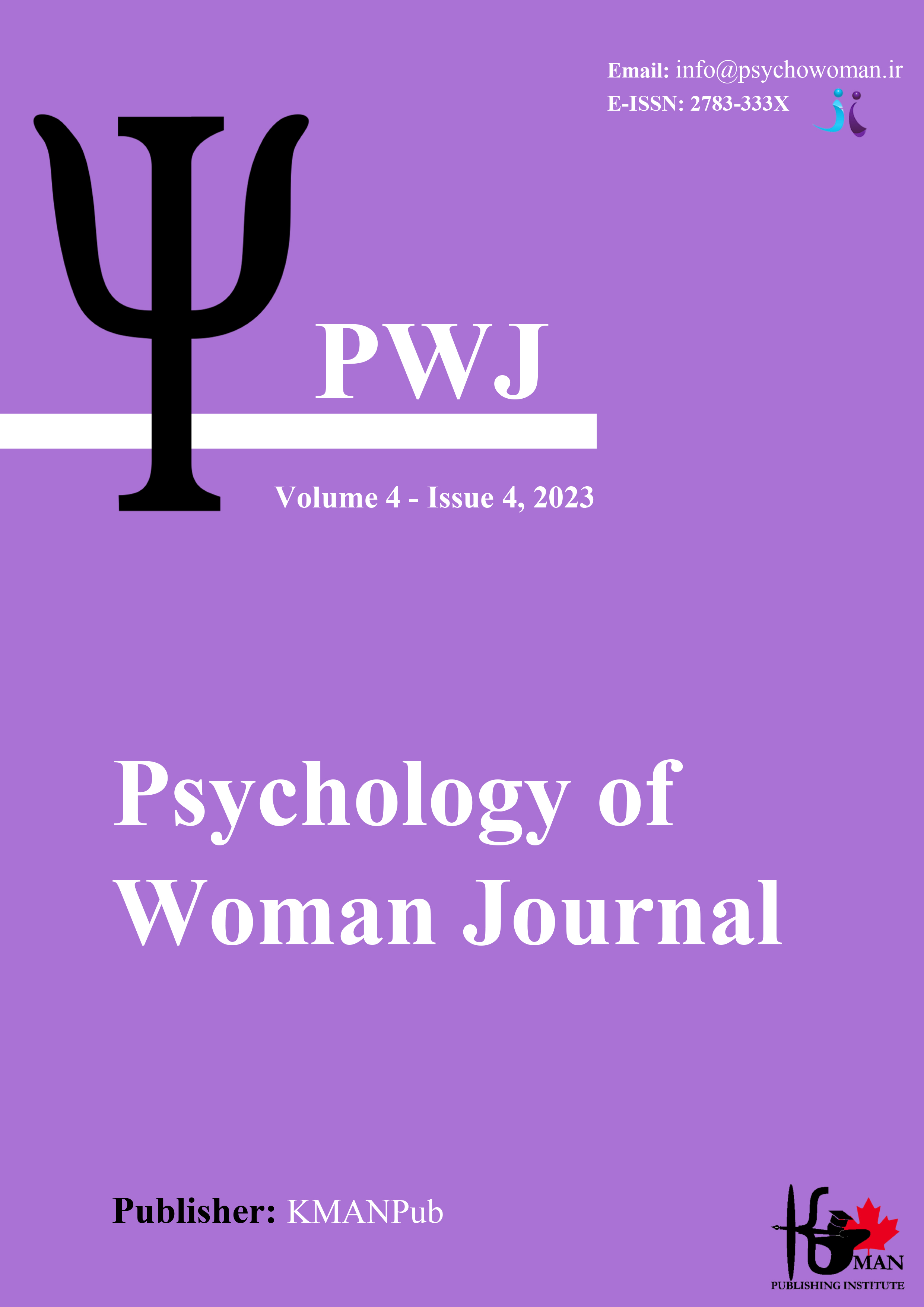Presenting a Predictive Model of Marital Adjustment Based on Psychological Flexibility and Frustration Discomfort with the Mediation of Marital Self-Regulation and Self-Compassion
Abstract
Objective: This study aims to develop and test a predictive model of marital adjustment, focusing on the roles of psychological flexibility and frustration discomfort, with the mediation of marital self-regulation and self-compassion.
Methods and Materials: Utilizing a correlational design and structural equation modeling (SEM), this research examines the predictive power of psychological flexibility and frustration discomfort on marital adjustment among 350 married women seeking counseling services in Tehran in 2023. Participants were assessed using validated scales for psychological flexibility, frustration discomfort, marital self-regulation, self-compassion, and marital adjustment.
Findings: The model demonstrated a good fit, with significant direct effects of psychological flexibility and frustration discomfort on marital self-regulation, self-compassion, and marital adjustment. Psychological flexibility was positively associated with marital adjustment, whereas frustration discomfort showed negative associations. Marital self-regulation and self-compassion were significant mediators in these relationships. The study also provided a comprehensive demographic profile of the participants, highlighting a diverse range of educational backgrounds and economic statuses.
Conclusion: The findings underscore the importance of psychological flexibility, frustration discomfort, marital self-regulation, and self-compassion in marital adjustment. The study highlights the complex interplay between these variables and suggests that interventions aimed at enhancing psychological flexibility, reducing frustration discomfort, and fostering self-compassion and marital self-regulation could be beneficial for marital satisfaction and resilience.
Downloads
Downloads
Additional Files
Published
Issue
Section
License
Copyright (c) 2023 Zahra alizadeh (Author); Farideh Dokaneifard (Corresponding Author); Azam Fattahi Andabil (Author)

This work is licensed under a Creative Commons Attribution-NonCommercial 4.0 International License.










